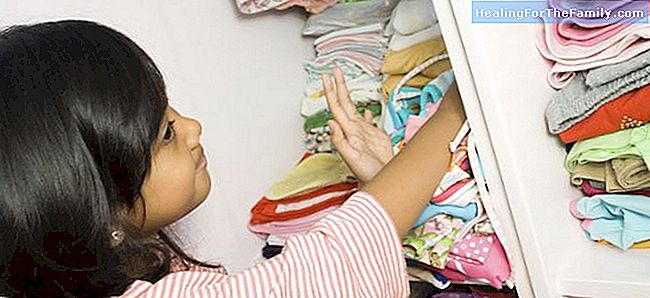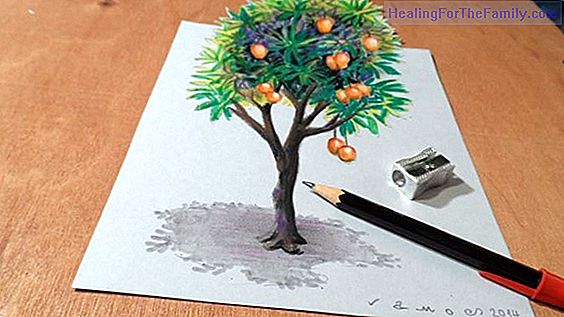Education
Children need a guide to learn organization so it is necessary for adults to take some effort at the beginning, so it is worth it in the long term. Below you will find some tips to improve the organizational capacity of children in any area of their life. 7 tips to teach organization to children 1
Children need a guide to learn organization so it is necessary for adults to take some effort at the beginning, so it is worth it in the long term. Below you will find
some tips to improve the organizational capacity of children in any area of their life. 7 tips to teach organization to children
1.

Establish a family calendar. It is necessary that there is a family calendar where there is a follow-up of the activities of all the members of the family. You should encourage your child to write down their activities and plans so that everyone can have proof of it. You can also consider checking the hours of the week during the Sunday, so you can check and update. That way they will learn time management skills.2.
Divide the task into simpler parts. Helping children to divide home or school tasks into smaller, more manageable steps will help them better understand how to do it. It will show the children that each project has a beginning, a way to do it and an end ... so they will notice the simplest tasks to do them.3.
Follow some daily routines. Children need to have a daily structure to know what is expected of them afterwards and above all, so that they feel safe and responsible. For this it is a good idea to have control over daily activities and to know what they should do at all times. (Dress and have breakfast before leaving school or eating, resting and doing homework before playing in the afternoon, etc.).4.
Assign tasks according to age.It is important that children can perform classification and categorization tasks and that they can perform them according to their age. For example, they can be assigned tasks such as emptying the dishwasher, ordering clothes, making lists, organizing drawers, etc. 5.
Establish checklists.When children know the steps they should take to complete a particular task, it is necessary to help them add a small to-do list. Daily tasks can be included and put in a place where children see it often so they do not forget what they should do. 6.
Create an organized workspace.Children need a space at home where they can work or study without interruption. It can work better if this place is in a place where you can get help whenever you need it. 7.
Anticipatory thinking.It is a good idea for children to go to bed before reviewing all the plans they must make the next day, so they will feel more secure and responsible with their tasks. You can think about how to do things if there are unforeseen changes or how to do things if there are doubts of some kind.












